how to kill this weed?
stompoutbermuda
14 years ago
Featured Answer
Sort by:Oldest
Comments (19)
anney
14 years agostompoutbermuda
14 years agoRelated Professionals
Comstock Park Landscape Architects & Landscape Designers · Forest Park Landscape Architects & Landscape Designers · Redondo Beach Landscape Architects & Landscape Designers · Arlington Landscape Contractors · Camp Verde Landscape Contractors · Dunwoody Landscape Contractors · Monterey Landscape Contractors · North Plainfield Landscape Contractors · Northport Landscape Contractors · West Haverstraw Landscape Contractors · Merrifield Landscape Contractors · Fredonia Decks, Patios & Outdoor Enclosures · Garden City Decks, Patios & Outdoor Enclosures · Grafton Decks, Patios & Outdoor Enclosures · Tomball Decks, Patios & Outdoor Enclosuresanney
14 years agogatormomx2
14 years agonandina
14 years agolazy_gardens
14 years agowiringman
14 years agoKimmsr
14 years agosunnybunny
14 years agoKimmsr
14 years agoeuphony
14 years agosirilucky
14 years agoyzoldowl
11 years agolazy_gardens
11 years agojolj
11 years agojolj
8 years agoJanet Plave-Gross
5 years agolast modified: 5 years agojolj
5 years ago
Related Stories

EDIBLE GARDENSNatural Ways to Get Rid of Weeds in Your Garden
Use these techniques to help prevent the spread of weeds and to learn about your soil
Full Story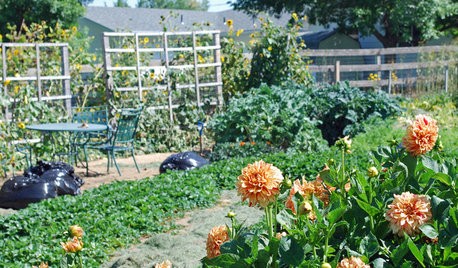
GARDENING GUIDESTackle Weeds the Natural Way
Instead of dousing your yard with chemicals to wipe out weeds, let time and nature work their magic via smothering and solarization
Full Story
MOST POPULARThe Perfect Houseplant for People Who Kill Houseplants
If you can fill a jar with water, you can keep golden pothos vine happy — and it will pay you back with cleaner air and a greener home
Full Story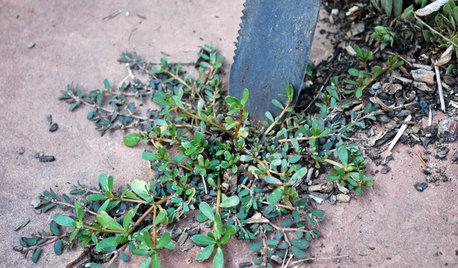
GARDENING GUIDES5 Ways to Naturally Win the Weed War
Show irksome weeds no mercy with these tricks for combating them sans chemicals
Full Story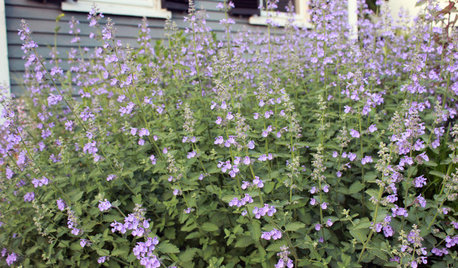
GARDENING GUIDES5 Weed-Smothering Ground Covers
Let these landscape plants do the dirty work of choking out weeds while you sit back and enjoy the view
Full Story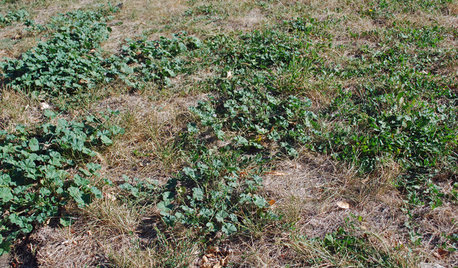
GARDENING GUIDESWeed War: When and How to Use Chemical Herbicides
Before you spray, arm yourself with knowledge about which weed killers — natural or synthetic — are right for your yard
Full Story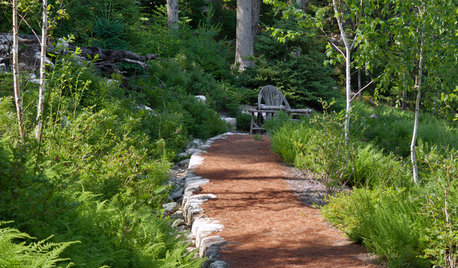
GARDENING GUIDES5 Things to Know About Weeding and Mulching Your Native Garden
What’s the best time to pull weeds? How thick should the mulch be? Here’s the scoop for a healthy landscape
Full Story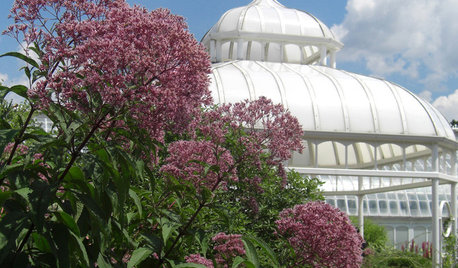
FLOWERSGreat Design Plant: Joe Pye Weed
This unsung beauty tolerates wet soil, provides beautiful late summer blooms and attracts butterflies and hummingbirds
Full Story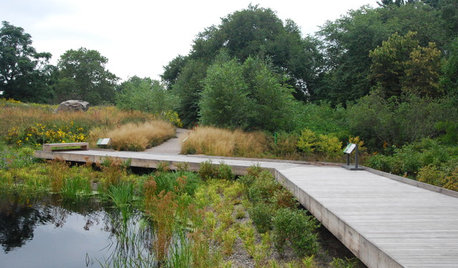
GARDENING GUIDESLet's Weed Out 4 Native Plant Myths
Plant wisely for a garden that supports pollinators and requires less work
Full Story
GARDENING FOR BUTTERFLIES3 Ways Native Plants Make Gardening So Much Better
You probably know about the lower maintenance. But native plants' other benefits go far beyond a little less watering and weeding
Full StoryMore Discussions







Apache RP